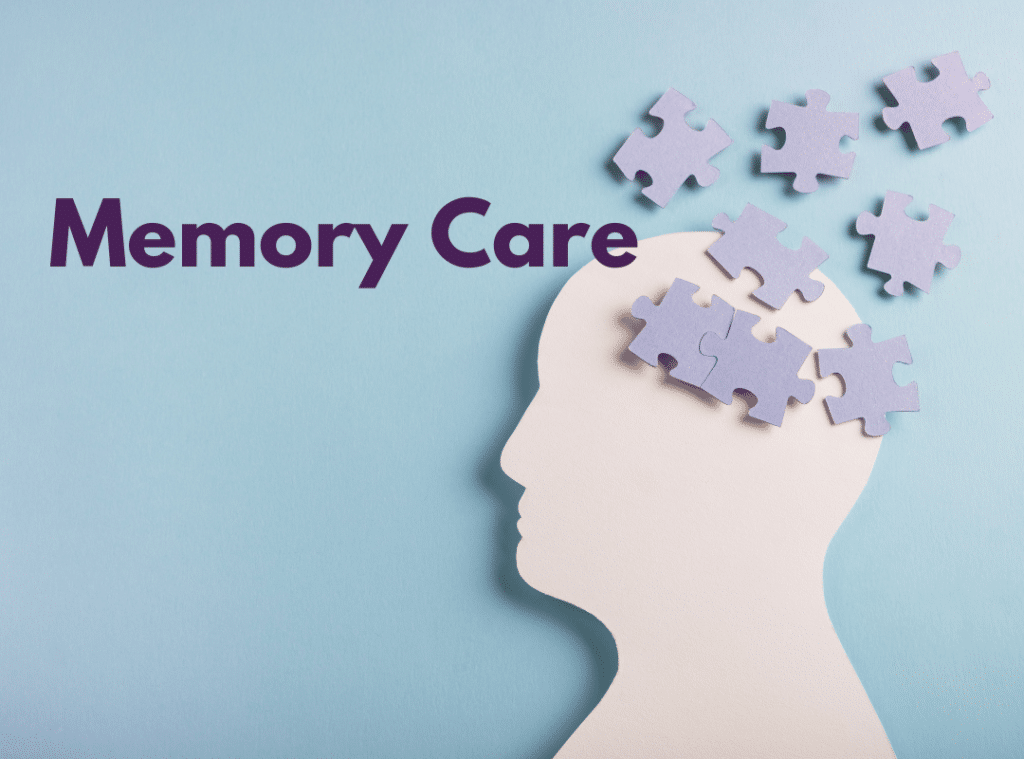Making the right care decision is critical when planning your loved one’s next chapter of life. Choosing between assisted living and memory care can feel overwhelming, especially when emotional and financial considerations are involved. At Westmont of La Mesa, our team understands the intricacies of this journey and is here to help you navigate it with compassion and clarity.
Assisted living and memory care both offer valuable benefits, but serve distinct needs. While assisted living supports day-to-day independence, memory care is tailored to individuals with cognitive impairments such as Alzheimer’s or dementia. This guide breaks down the core differences, costs, and benefits to help you choose confidently.
Understanding Assisted Living and Its Advantages
When you’re exploring care options, understanding what assisted living entails is vital. Assisted living and memory care communities are designed to provide support without sacrificing independence. Residents in assisted living receive help with tasks like bathing, grooming, medication management, and dining—services that are customized through personalized care plans.
Beyond the basics, assisted living creates a vibrant, community-driven environment. Residents enjoy group outings, fitness classes, and art therapy. These programs are essential for mental stimulation and social connection, directly influencing longevity and happiness.
Additionally, assisted living and memory care facilities near you often include on-site healthcare services, transportation assistance, and regular wellness checks. These features ensure a high standard of living and peace of mind for families.

The Importance of Memory Care for Cognitive Health
While assisted living promotes independence, memory care is structured to support individuals experiencing memory decline. Those diagnosed with Alzheimer’s or dementia require specialized attention—something a traditional assisted living setting may not be equipped to provide. At Westmont of La Mesa, our memory care program is built on evidence-based methods that support cognitive health.
Dedicated caregivers offer 24/7 assistance, personalized routines, and emotional support to ensure safety and comfort. Memory care includes therapies like music and art therapy, reminiscence sessions, and sensory engagement. Individualized attention helps maintain familiarity and reduce confusion.
Knowing when to move from assisted living to memory care is critical. Signs may include increased disorientation, wandering, or a decline in personal hygiene. At that point, a more secure and structured memory care environment becomes essential for safety and well-being.
Key Differences Between Assisted Living and Memory Care
One of the most frequently asked questions is about the difference between assisted living and memory care. Both offer essential services but differ in scope, environment, and staffing.
Assisted living focuses on maintaining a resident’s autonomy with support for daily routines. In contrast, memory care provides round-the-clock, specialized care with a higher staff-to-resident ratio. Facilities are designed to prevent wandering and minimize confusion with clear layouts, calming colors, and secured entrances.
Understanding the cost of memory care vs assisted living also plays a role in decision-making. While both options offer comprehensive services, the added security and clinical oversight in memory care generally come at a higher price point.
Additionally, memory care includes structured programming specifically for those with dementia. This isn’t just care—it’s a therapeutic environment designed to enhance quality of life in a secure, supportive setting. Learn more about how caregiver ratios impact memory care.

Financial Considerations and Budgeting for Care
Making a decision often comes down to financial realities. Below is a breakdown of average costs to help you plan ahead:
| Care Type | Average Monthly Cost |
| Assisted Living | $3,500 |
| Memory Care | $5,000 |
These numbers reflect national averages and may vary depending on location and services provided. So, what is the average monthly cost for memory care? Typically, it’s $4,000 to $7,000, depending on location, level of care, and amenities offered.
Other expenses can include transportation, medication, and personal care items. Understanding dementia assisted living costs is key for families managing long-term financial plans. Many people turn to Medicaid, long-term care insurance, or veterans’ benefits for help.
Resources like Paying for Senior Care and AARP’s financial guides offer useful tools to compare costs and find assistance. These tools are invaluable when researching assisted living and memory care facilities near you and making the right choice within budget.

Knowing When It’s Time to Transition to Memory Care
Recognizing when to move from assisted living to memory care can be emotionally challenging. Early-stage memory loss can often be managed in assisted living. However, when behaviors become risky or disruptive, such as aggression, elopement, or severe confusion, it’s time to consider a memory care transition.
Memory care environments offer additional support through increased supervision and security features. This ensures the resident’s safety while preserving their dignity. Trained caregivers are skilled in handling dementia-related behaviors and providing reassurance.
If your loved one shows signs of rapid memory decline, repetitive questioning, or frequent getting lost, that may signal the need for assisted living or memory care for dementia. Acting early allows for a smoother transition and better outcomes.
Wellness and Engagement at Westmont of La Mesa
At Westmont of La Mesa, both assisted living and memory care are designed with the whole person in mind. From wellness activities to spiritual support, our programs focus on holistic health.
Assisted living residents enjoy yoga, cooking classes, and community involvement, offering more than just care. Memory care residents benefit from specialized programming that promotes cognitive health, memory recall, and emotional comfort.
One key benefit is the availability of 24/7 onsite healthcare, ensuring quick emergency response. Our staff is trained in dementia care techniques to enhance communication and minimize anxiety.
If you’re looking for assisted living and memory care facilities near you, Westmont of La Mesa offers personalized tours, compassionate staff, and a reputation for excellence.
Choosing the Right Care: What Your Next Step Should Be
Ultimately, selecting between assisted living and memory care is about matching your loved one’s needs with the right support system. Whether it’s time for the daily convenience of assisted living or the security of memory care, the right environment will enrich their quality of life.
Evaluate the cost of memory care vs assisted living, understand the timeline for moving from assisted living to memory care, and explore the differences in dementia assisted living costs. Also, don’t hesitate to visit several assisted living and memory care facilities near you to compare options firsthand.
You are not alone in this journey—resources, support groups, and expert care teams like Westmont of La Mesa are here to help. For more guidance, explore Alzheimer’s Association resources or contact a local senior care advisor.
For more information, please call us at 619-369-9700 or schedule a tour to explore how we can support your loved one’s needs.
Compare The Costs of Senior Living vs Staying at Home
How Do The Costs Of Moving Into A Quality Senior Care Community Compare With The Costs Of Staying At Home?
Frequently Asked Questions
How does memory care differ from assisted living?
Memory care is a specialized form of assisted living designed specifically for individuals with Alzheimer’s, dementia, or other cognitive impairments. While assisted living provides help with daily tasks like bathing and medication, memory care adds enhanced supervision, structured routines, and dementia-trained staff. Memory care communities also have secure environments to prevent wandering. This level of care ensures a safer and more supportive experience for those with memory-related conditions.
Can someone with dementia live in assisted living?
Yes, individuals in the early stages of dementia can often live in assisted living if they are still relatively independent. These communities can offer support with daily activities, but they may not provide the specialized care needed as dementia progresses. As the condition worsens, the person may require memory care for a higher level of supervision and safety. It’s essential to monitor changes and reassess care needs regularly.
When is it time to move from assisted living to memory care?
It’s time to consider memory care when a resident’s dementia symptoms progress to the point where they pose a safety risk or disrupt daily life. Signs include frequent confusion, wandering, aggression, or an inability to manage personal care. Memory care offers structured support and secure settings tailored to cognitive decline. A formal evaluation by healthcare professionals can help guide this transition.
Does Medicare pay for assisted living for dementia?
Medicare does not cover the cost of assisted living, even for individuals with dementia. It may pay for certain medical services like doctor visits, hospital care, or short-term skilled nursing under specific conditions. However, the long-term costs of room, board, and personal care in assisted living are not included. Families often rely on personal savings, long-term care insurance, or Medicaid (if eligible) to cover expenses.








